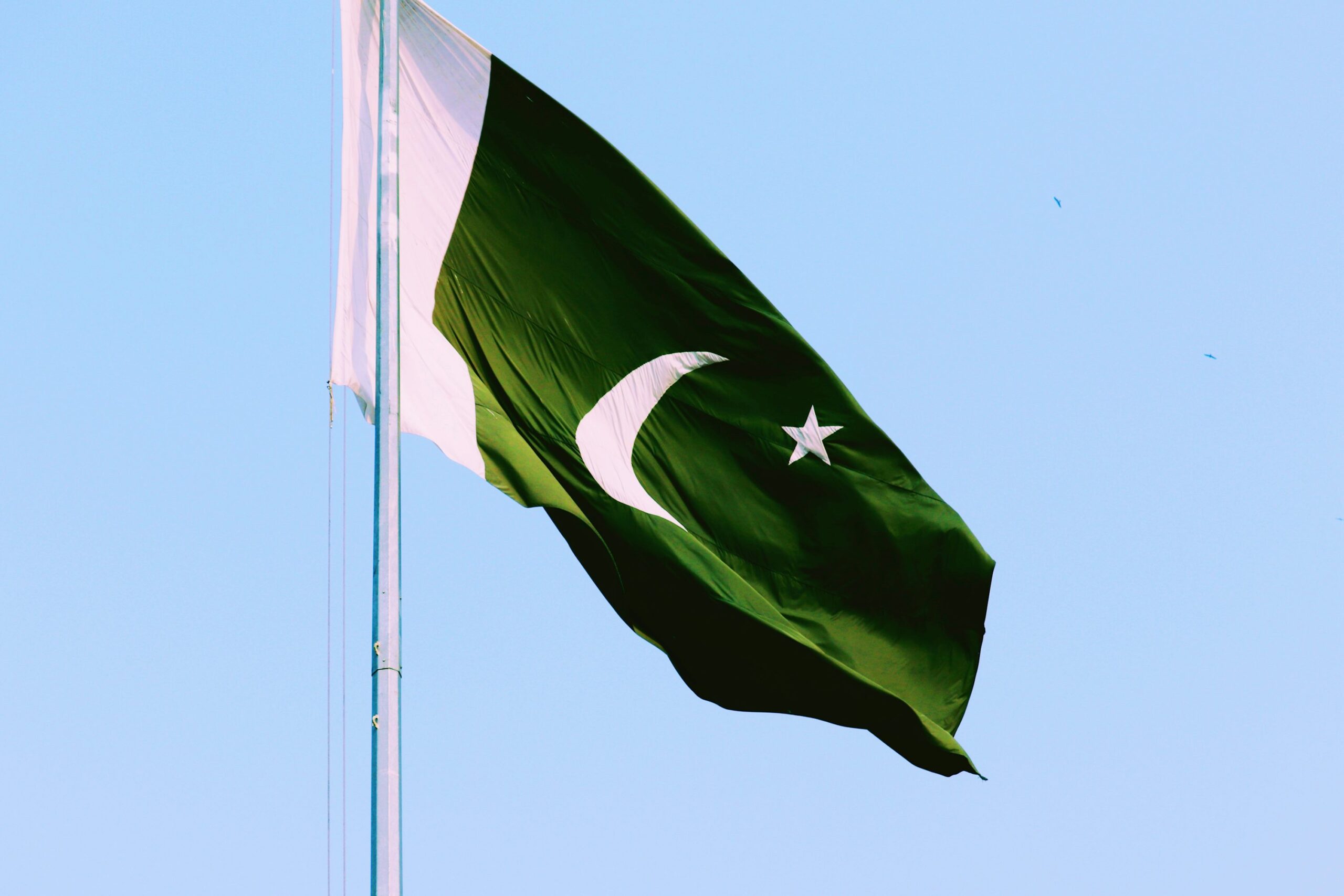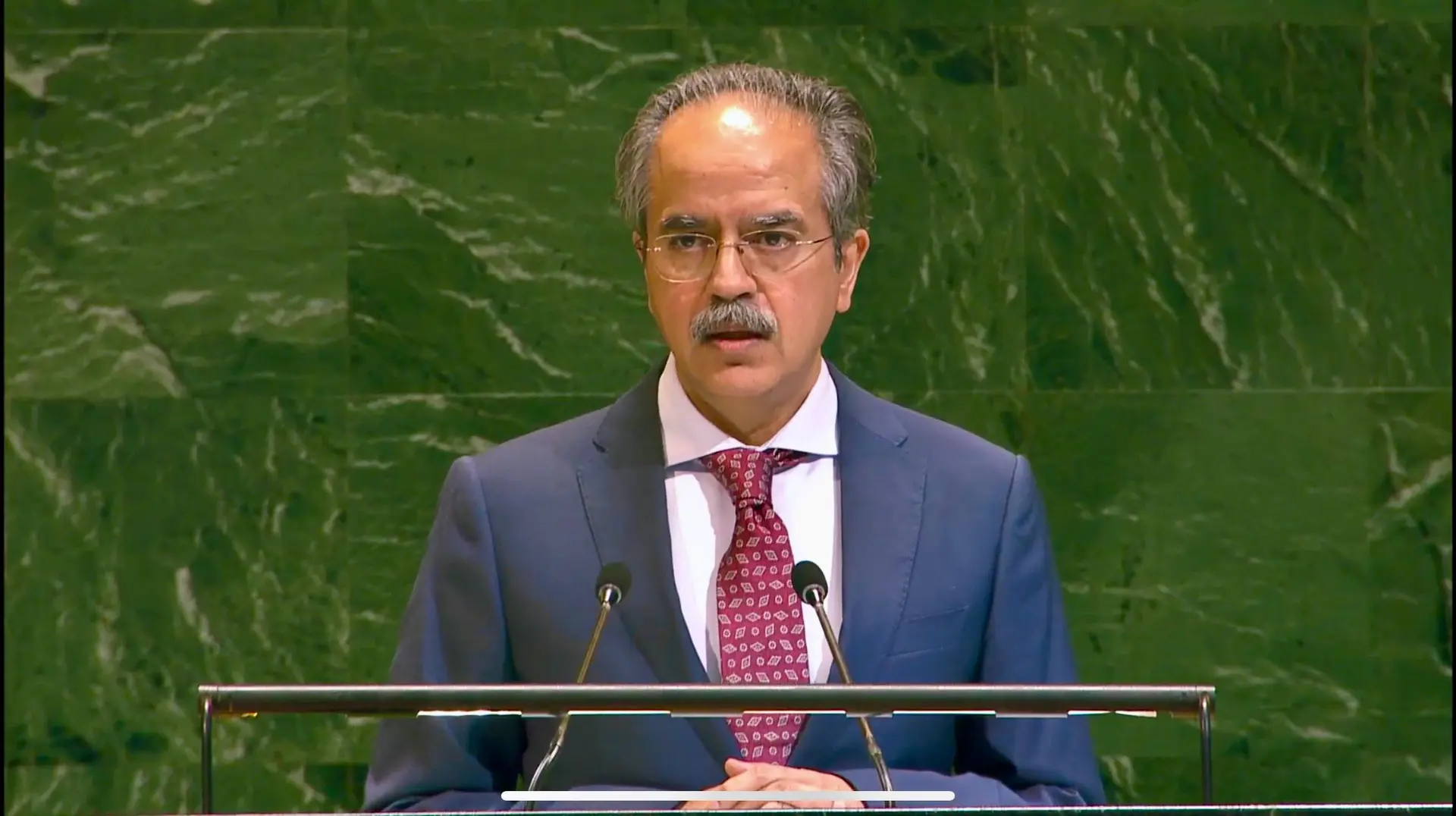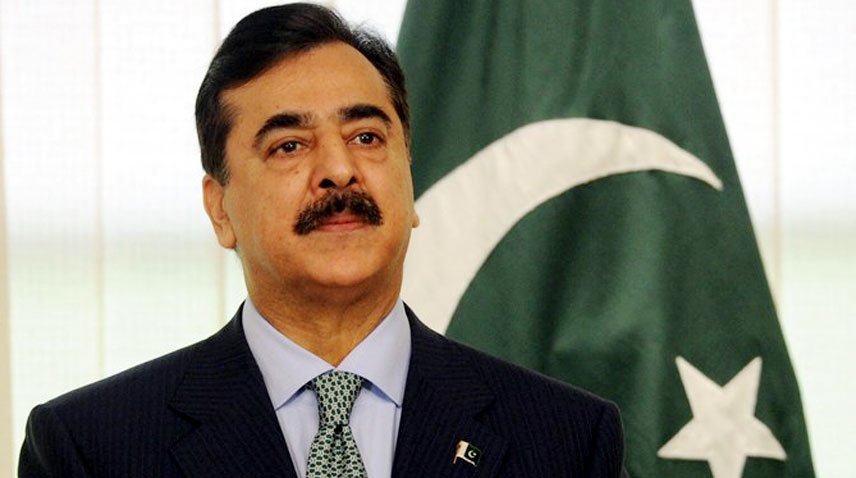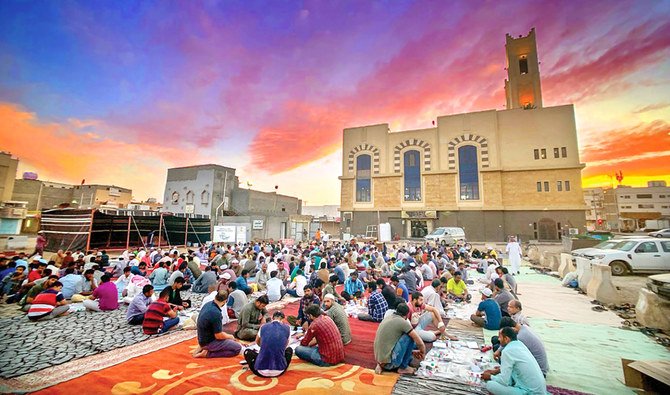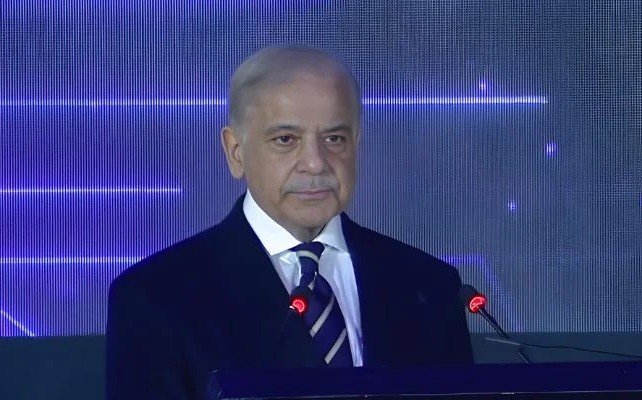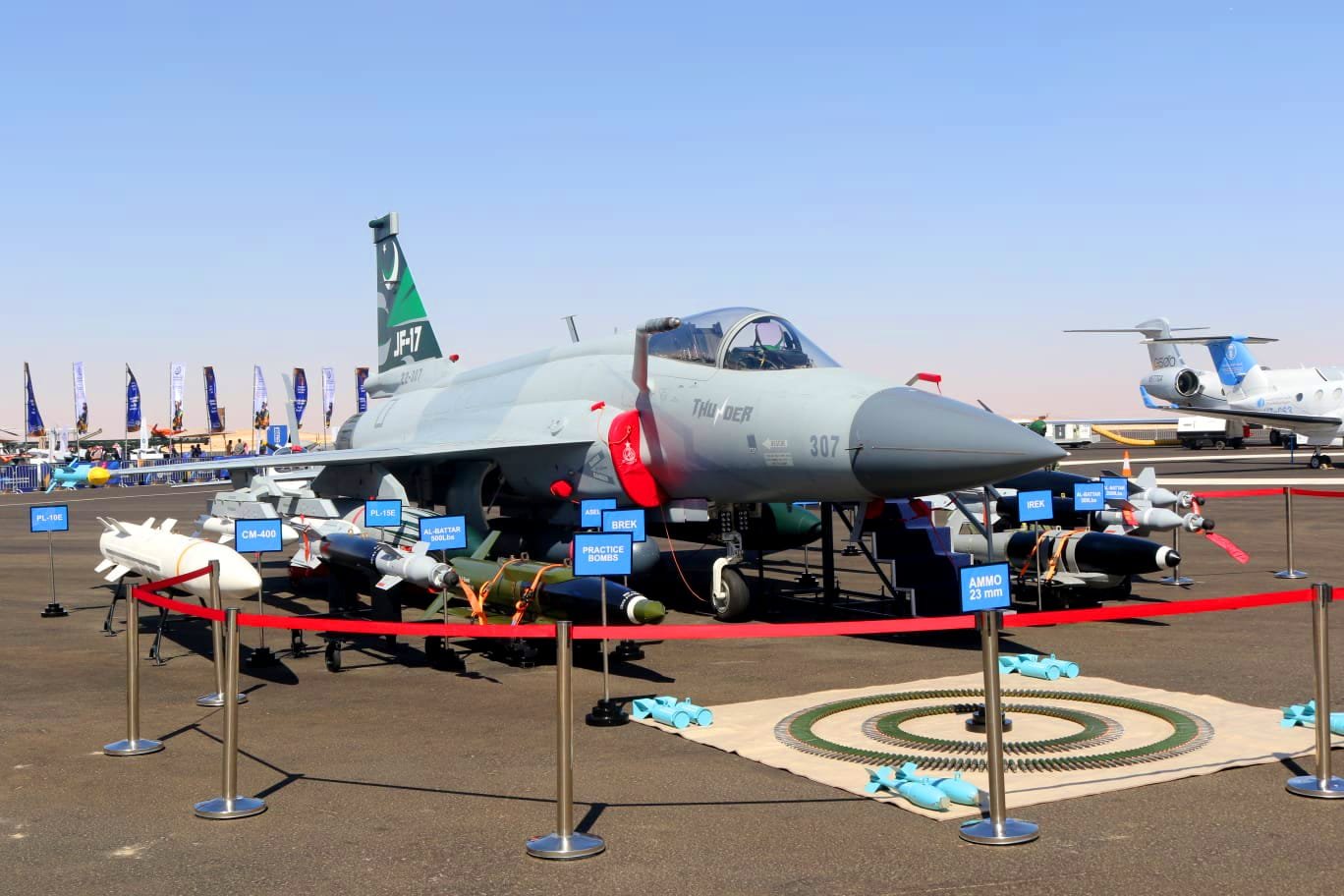Security is not that there is no danger but the presence of cooperation. Undoubtedly, no nation can meet the world’s challenges by itself. The increasing geopolitical volatility changes the dynamics in the Middle East. Continuous genocide by Israel on Gaza and the violation of international law and treaties by the Zionist government have shattered the stability of the region.
Undoubtedly, the gulf countries enjoy cordial relationships with the United States, but the recent attacks on Qatar by Israel have exacerbated security concerns in the Middle East and shaken trust in US reliability. Israel has always been backed by the US in its illicit activities in the region. Qatar, despite strong relations with the United States faced an attack on Qatar that tells another story.
Why did the US lack prior awareness of the attack as stated by their officials? And why did Israel blatantly violate the sovereignty of Qatar despite knowing its close ties with the US?
However, the Deputy Prime Minister Ishaq Dar of Pakistan, at the Doha meeting, bluntly suggested the establishment of an Arab-Islamic task force to observe and avert Israeli expansionist designs and advocated for Israel’s suspension from the UN membership — all of which are moves that show Pakistan’s intent to translate diplomatic solidarity into organized action.
What if a Middle Eastern NATO were to been established? What would be the geopolitical, geo-economics, and geopolitical costs for Pakistan and for the Gulf countries? And how far could it avert the aggression and belligerent attitude of Israel in the region?
If there would be a formation of a Middle Eastern NATO-style security force at the initiative of Pakistan, both Pakistan and Gulf countries would stand to gain a lot from this. In that case, Pakistan would be elevated to a new status as a main security guarantor in the Muslim world, which, directly, would transform into enhanced diplomatic clout, military prestige, and even stronger defense ties with wealthier Gulf allies. It would also economically open the doors to uninterrupted and much-anticipated financial transfer, investment, and lucrative defense contracts – all very welcomed in easing Pakistan’s fiscal pressures. For the Gulf states, it would probably bring about less reliance on the U.S.: faster military response to regional threats; and improved deterrence against Israel’s aggressiveness and Iranian regional ambitions. Joint planning in defense could also facilitate interoperability among forces securing, at the same time, vital trade and energy routes and fostering a sense of unity within the Arab-Islamic world in times of fragmentation.
All in all, it means that, if Pakistan were to set up a Middle Eastern, NATO-style security force, it would give both Pakistan and the Gulf countries many benefits. Specifically, for Pakistan, it would transform into a heightened status as a primary guarantor of security in the Muslim world, which would translate directly into enhanced diplomatic clout, military prestige, and even stronger defense ties with wealthier Gulf allies. It would also open up economically into a constant, predictable channel of transfer, investment, and probably lucrative defense contracts, which are all very much welcomed.
The Gulf States would use a common collective security umbrella to limit dependency on the U.S. for faster military response to regional threats and improved deterrence against Israel’s aggressiveness and Iranian regional ambitions. Joint planning in defense could also help interoperability among forces while securing, at the same time, vital trade and energy routes and fostering a sense of unity at a time of fragmentation in the Arab-Islamic world.
Pakistan-led Middle Eastern NATO could unite Muslim countries and deter the threats posed by Israel to the gulf countries. As a nuclear power with largest professional military, Pakistan can strengthen the security of Gulf countries against Israel. But one cannot ignore negative ramifications also. For instance, Pakistan is currently improving its relationships with the US, and becoming the part of that force could strain diplomatic engagement and strategic relationship with the US. Even the Arab would not affect their diplomatic engagement with the US.
It would place Pakistan on the front line of the Middle Eastern conundrum. The United States holds military supremacy in the region, Pakistan led security initiative affect the US strategic interests in the region. Moreover, the Gulf is not a monolith past crises (the 2017 Qatar blockade) underline how quickly united fronts can fracture, which would weaken any collective security project’s credibility.
With the establishment of a new security force, the armament race could be ignited, with Israel on one hand and on the other a Muslim coalition, both enhance their military capabilities to protect their interests.
China and Russia might support bloc to minimize the presence of the US in the region and its power. While Iran’s exclusion from the bloc, might accelerate trust deficit in the region. The balance of power will shift from the US security centric to the Pakistan led bloc, a vacuum the US would never allow. Similarly, Pakistan is a non-Nato ally of the US, Pakistan cannot afford directly stand against the US and European powers.
Historically, Pakistan has avoided jumping in Arab battles and wars. This neutral policy by successive governments has paid dividends. Thus, it is undenying that the formation of the bloc could bring geopolitical geo-economics and geostrategic costs. Even among the Gulf States, a lack of united political will, the internal discords, and non-cooperation behavior remain obstacles.
